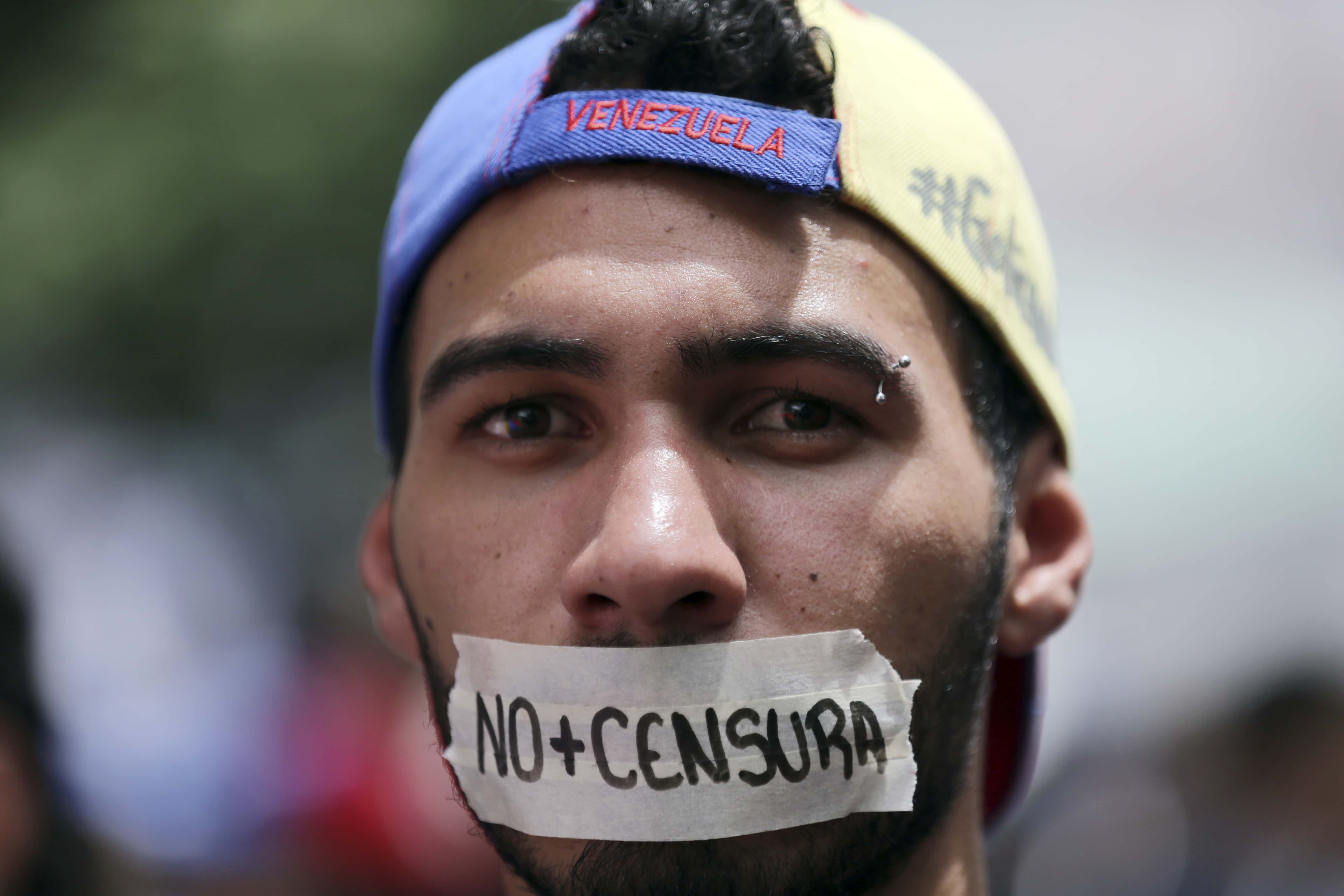A roundup of key free expression news in the Americas, based on IFEX member reports.
As we pass over the mid-year mark, 2017 is shaping up to be one of the worst years for freedom of expression in the Americas. Media outlets and journalists have been attacked for simply attempting to report the news and activists working to protect human rights and the power of individuals to freely exercise their rights have been assassinated.
June was also the month chosen by IFEX for its 2017 IFEX Strategy Conference, held in Montreal, Canada. During the conference, participants reflected on the various regional freedom of expression situations.
“IFEX members who came to our meeting in Trinidad, who should be in this room with us today, are not here. We are witnessing increases in travel bans, the blocking of foreign funding, criminalisation of dissent, online harassment, arrests, detainments and draconian legislation aimed at paralyzing civil society groups… and it is working. Some of our colleagues are in prison… some awaiting trial or living in exile and… others still, whose organisations are just hanging on by a thread. We know this because we campaign on their behalf, challenge laws that would infringe the right to freedom of expression and information and confront those who would violate these rights,” said IFEX executive director Annie Game.
The tactics described by the IFEX executive director are a reality in the Americas, while more extreme forms of violence are also commonly employed by those seeking to extinguish freedom of expression.
Honduras was once again stained with blood in June as several assassinations and other violent actions against activists and media outlets took place.
On 15 June, Victor Funes, a journalist for the 45TV television station in the city of Ceiba, Atlántida department, was assassinated as he arrived at his home. In addition, human rights defender Roberto Antonio Gómez was murdered by unidentified individuals in Tegucigalpa’s Brisas del Valle neighbourhood. The assassination took place after Gómez accompanied students from the National Autonomous University of Honduras (Universidad Nacional Autónoma de Honduras, UNAH) who are facing legal action for their participation in protests. Gómez was the father of one of the students facing prosecution. He was assassinated on his way to work, as he was heading to work and descending a series of stairs near his home.
These attacks add to the wave of violence experienced in Honduras over the last several years.
In Venezuela, Journalists’ Day was commemorated in the midst of social protests that have been taking place since March. The mobilisations were accompanied by an associated increase in government repression of activists, media outlets and journalists.
The harassment is not just physical: at the beginning of June, a Venezuelan tribunal ordered a news web site to pay the equivalent of US$500,000 in damages for republishing an article about a politician. In addition, the University of the Andes television station, ULA TV, suddenly went off the air on 15 June after an inspection conducted by the National Telecommunications Commission (Comisión Nacional de Telecomunicaciones, CONATEL). CONATEL shut down the media outlet’s transmitter without prior notification and confiscated equipment.
The level of violence in the country is not abating. Since the public protests began in March, more than 160 violations have taken place against freedom of expression, press freedom and the right to receive and disseminate information.
Mexico continues to be mired in serious press freedom issues. Now, in addition to the constant attacks and threats from drug traffickers, journalists are dealing with government surveillance.
A scandal unfolded in mid-June when it was revealed that the Mexican government has spied on prominent human rights defenders, journalists and anti-corruption activists, actions that, in theory, should only be undertaken in investigations involving criminal or terrorist activities. The scandal took on international proportions and was aggravated by President Enrique Peña Nieto’s threat to apply the law against those found responsible for the “false statements” regarding surveillance of journalists and rights defenders by the government.
Likewise, during elections held on 4 June, the #RompeElMiedo (Break the Fear) network documented 19 attacks against journalists, 12 in the State of Mexico and 7 in Coahuila.
In Colombia, two foreign journalists were kidnapped by the National Liberation Army (Ejército de Liberación Nacional, ELN) guerilla group. They were freed four days later. The incident highlighted how far the country still has to go to achieve a secure environment for journalists. In addition, various IFEX members are involved in a campaign supporting Diego Gómez, who is being criminally prosecuted for sharing an academic paper on the Internet.
